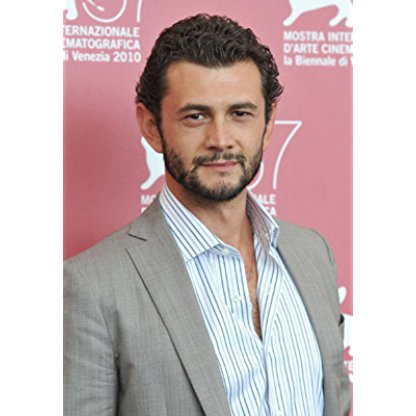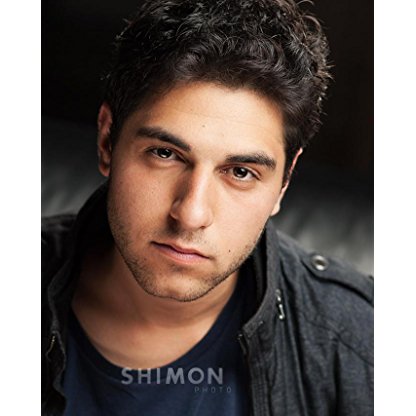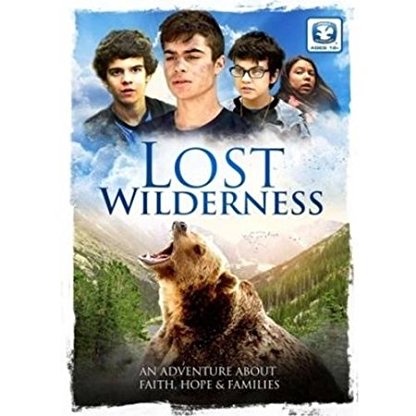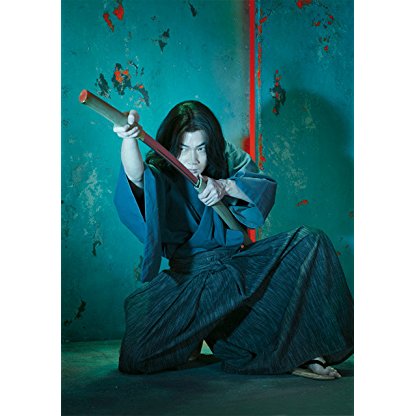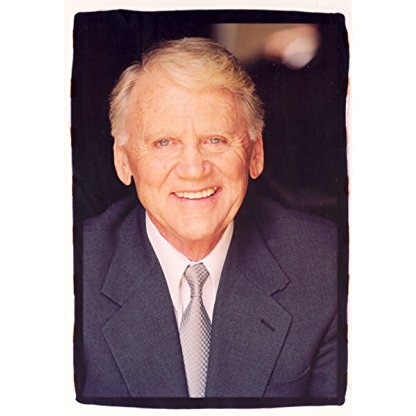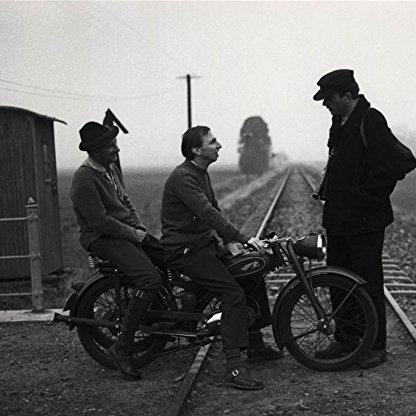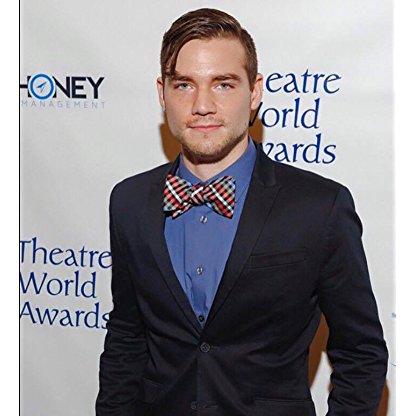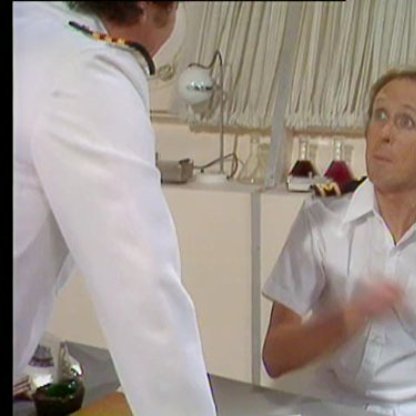McDowall's 1990s work included The Color of Evening (1990), Shakma (1990), Going Under (1990), An Inconvenient Woman (1991), Earth Angel (1991), Deadly Game (1991), The Naked Target (1992), Double Trouble (1992), The New Lassie (1992), Quantum Leap, The Sands of Time (1992), The Evil Inside Me (1993), Dream On, Heads (1994), Hart to Hart: Home Is Where the Hart Is (1994), Mirror, Mirror 2: Raven Dance (1994), Burke's Law, Angel 4: Undercover (1994), The Alien Within (1995), The Grass Harp (1995), Last Summer in the Hamptons (1995), Bullet Hearts (1996), Star Hunter (1996), It's My Party (1996), Tracey Takes On..., Dead Man's Island, Remember WENN, Unlikely Angel (1996), The Second Jungle Book: Mowgli & Baloo (1997), Something to Believe In (1998), and Loss of Faith (1998).
